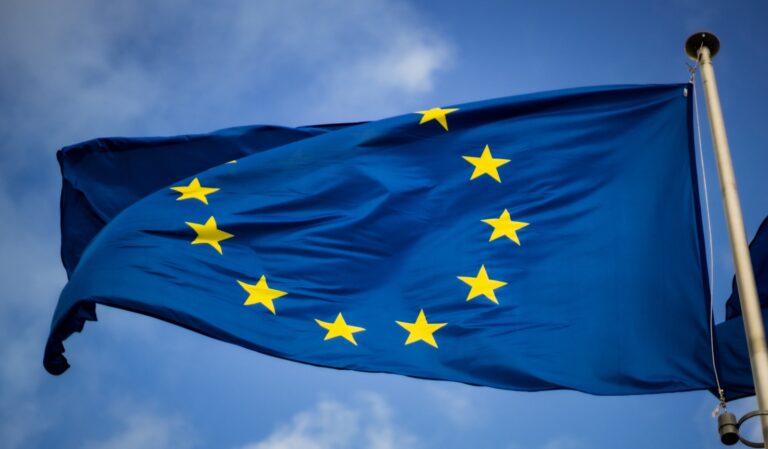Key Takeaways
- 23 Democratic state attorneys general are working together to challenge Trump and Musk’s policies.
- They meet daily via video calls to plan their legal strategies.
- These AGs have filed lawsuits to stop Trump from making drastic changes, like ending birthright citizenship.
- They see themselves as a last line of defense against unconstitutional actions.
- They’re preparing for more legal battles in the next four years.
In a time of political chaos, a group of Democratic attorneys general (AGs) from 23 states has stepped up to challenge the Trump administration and its ally, Elon Musk. These AGs are not just lawyers; they’re a united front against policies they believe harm the country.
Who Are These Democratic AGs?
Attorneys general are the top lawyers in their states, responsible for enforcing laws and protecting residents’ rights. But these 23 Democratic AGs have taken on a bigger role: fighting against Trump’s controversial actions.
They meet every day via video calls to coordinate their efforts. Whether it’s suing to stop Trump from cutting federal funding or challenging his attempts to undermine the Affordable Care Act, these AGs are organized and determined.
Why Are They So Important?
Right now, Democrats don’t have a single leader to push back against Trump. But these AGs are filling that gap. As Hawaii Attorney General Anne Lopez said, “The Democratic AGs are the only group united and working to stop unconstitutional actions.”
Their efforts have already made a big difference. For example, they’ve temporarily blocked Trump from:
- Revoking birthright citizenship (the right to citizenship if you’re born in the U.S.).
- Freezing federal funding for important programs.
- Cutting money for medical research.
They’ve also filed six legal briefs supporting the Affordable Care Act, arguing that it’s essential for millions of Americans.
Preparing for the Fight Ahead
The AGs didn’t wait for Trump’s second term to start fighting. They began planning before the 2024 election, knowing Trump would push drastic policies. Now, they’re hiring more lawyers to keep up with the growing number of cases.
Bob Ferguson, a former Washington AG and now the state’s governor, said their preparation was worth it. “They’ve been able to match the pace of the administration,” he said.
These AGs are serious about their mission. Delaware Attorney General Kathy Jennings explained, “We talk every day, and we’ve grown closer over time. In the next four years, we’ll only get stronger.”
What’s Next?
The battles between these Democratic AGs and the Trump administration are far from over. With Trump and Musk pushing policies that spark controversy, the AGs are ready to step in. Whether it’s protecting healthcare, fighting for citizenship rights, or challenging Musk’s influence, they’re prepared to act.
As the 2024 election fades into memory, one thing is clear: these 23 attorneys general are a powerful force against Trump’s agenda. They’re not just lawyers—they’re the frontline defenders of democracy.








